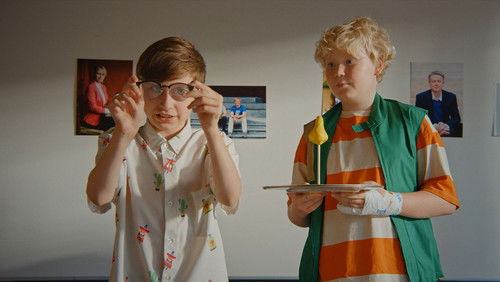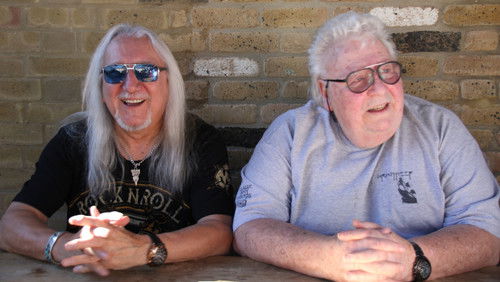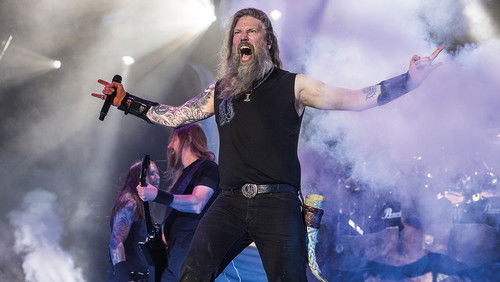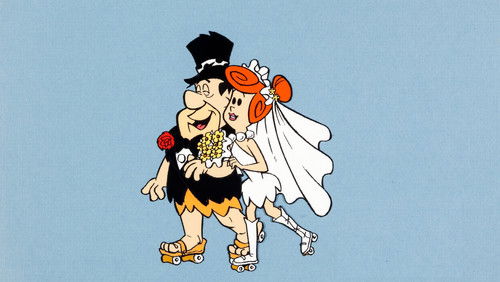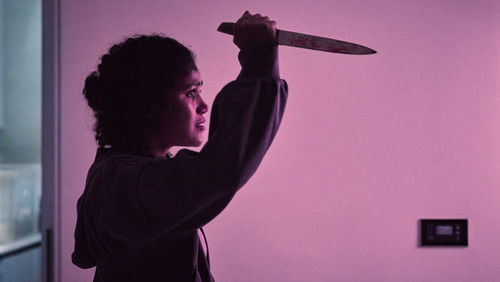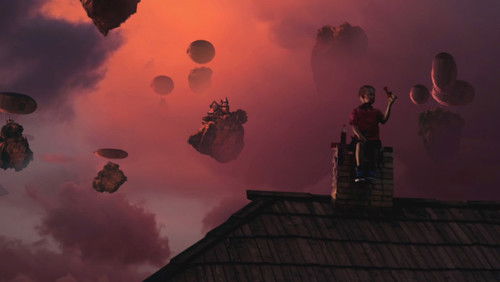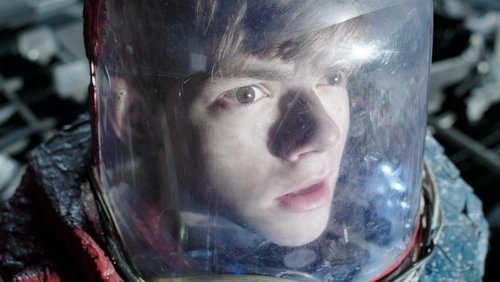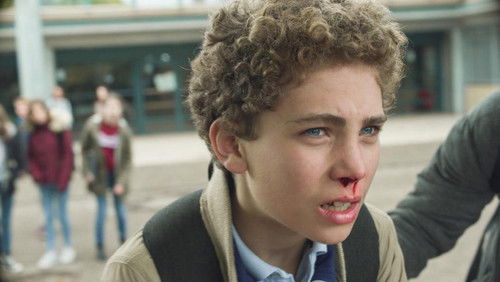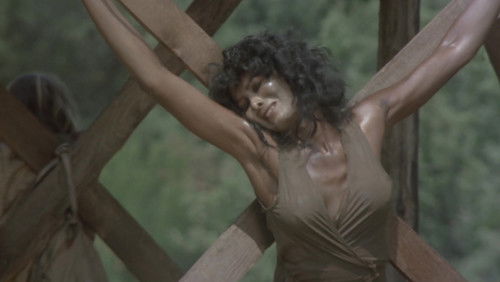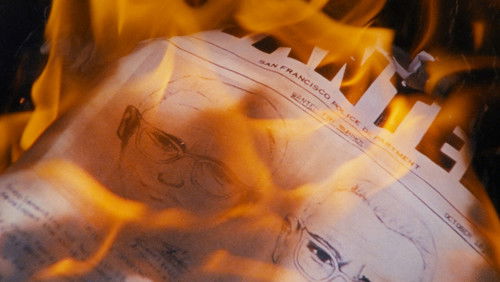His Trysting Place (Short 1914)
60KHis Trysting Place (Short 1914). 32m
“Weu0026#39;re so accustomed to seeing Charlie Chaplin play a homeless tramp itu0026#39;s a little strange to see him in the role of respectable family man. In this Keystone comedy Charlie is a husband, homeowner and father. Heu0026#39;s married to Mabel Normand, and they live with their baby son in a conventional middle-class home. Admittedly, itu0026#39;s not exactly a Father Knows Best-style household: within the first minute or so Charlie disrupts Mabelu0026#39;s work in the kitchen, they squabble, and an open flame on the stove nearly burns each of them in turn. Charlie carries his son by grabbing a fistful of his clothing, he gives the baby a pistol to play with, and at one point Mabel actually flings a horseshoe directly at her husbandu0026#39;s head. Even so this looks like a fairly happy family by Keystone standards.u003cbr/u003eu003cbr/u003eSoon, of course, complications arise. We meet another, somewhat older couple staying in a nearby hotel. Theyu0026#39;re played by Mack Swain and Phyllis Allen, two startling-looking performers who had no qualms about using their appearance to get laughs. (When I saw this film at a recent public screening the audience enjoyed the strenuous mugging of Swain and Allen as much as the antics of Charlie and Mabel.) As Mack exits through the lobby of their hotel he encounters a nice young lady who asks him to mail a letter for her. He agrees, unaware that itu0026#39;s a note to her lover setting up a meeting. Charlie, meanwhile, goes out to get his baby son a new bottle, buys one, and tucks it into his coat pocket. In the filmu0026#39;s most memorable sequence Mack and Charlie meet up at a shabby little café where Macku0026#39;s sloppy eating habits deeply annoy Charlie. Meals always seemed to inspire Chaplinu0026#39;s most memorable scenes, from these early comedies to the routine with the missing coin in The Immigrant, and all the way to the haywire feeding device in Modern Times. Here, the set-up is much simpler and the bit is comparatively brief, but Chaplin and Swain make an amusing visual contrast and somehow the sequence is funny from the moment Charlie sits down. Immediately, the two guys launch a competition for Most Vulgar Eating Habits award. Mack slurps his soup so grossly we can almost hear him, while Charlie gnaws a huge bone like a wolverine. Within moments theyu0026#39;re fighting, and before you know it Charlie is wiping the floor with Mack and attacking everyone else in the place for good measure. Itu0026#39;s a strangely exhilarating spectacle. Speaking of eating scenes, ten years later Mack would share a cabin with Charlie in the Yukon in The Gold Rush, where Charlie would dine on a boiled shoe and a delusional Mack would hallucinate that his roommate was a chicken!u003cbr/u003eu003cbr/u003eGetting back to Keystone Land: when the combatants leave the café after duking it out they manage to mix up their overcoats. (The two men are sized so differently this seems unlikely, but why quibble?) Thus, Mack goes off with a baby bottle in his pocket while Charlie carries the letter setting up a rendezvous. Soon after Charlie returns home Mabel finds the letter in his coat, assumes the worst, and expresses her displeasure by breaking an ironing board over his head. Meanwhile, Mack and his wife meet up in the park. Heu0026#39;s still boiling mad about the incident in the café and she is sympathetic until she finds the baby bottle in his pocket. Phyllis instantly assumes her husband is the father of a secret child, doubtless the result of an illicit relationship. Charlie, fleeing his wifeu0026#39;s wrath, rushes to the park with Mabel in pursuit. The two couples encounter each other, a cop gets involved, and more mayhem results.u003cbr/u003eu003cbr/u003eFor me, the sequences that conclude the film are anti-climactic. His Trysting Place peaks when Mabel cracks that ironing board over her husbandu0026#39;s noggin, and everything that follows is standard Keystone park shenanigans, overly familiar from so many other comedies of the period. Chaplinu0026#39;s unaccustomed role as Dad is the major novelty here, but he doesnu0026#39;t carry the whole comic burden on his shoulders. This is an ensemble piece, and itu0026#39;s nice to see Mabel, Mack and Phyllis each given a moment or two to shine.”
